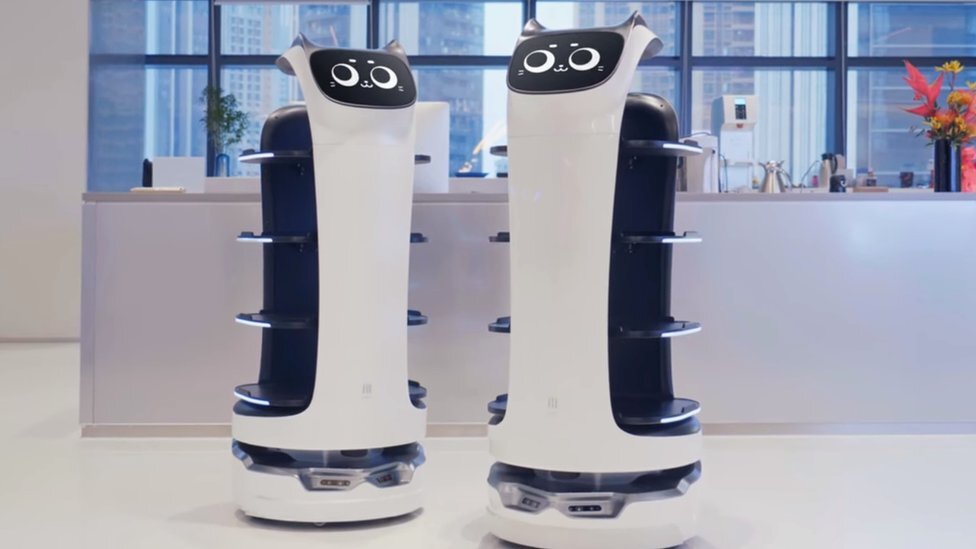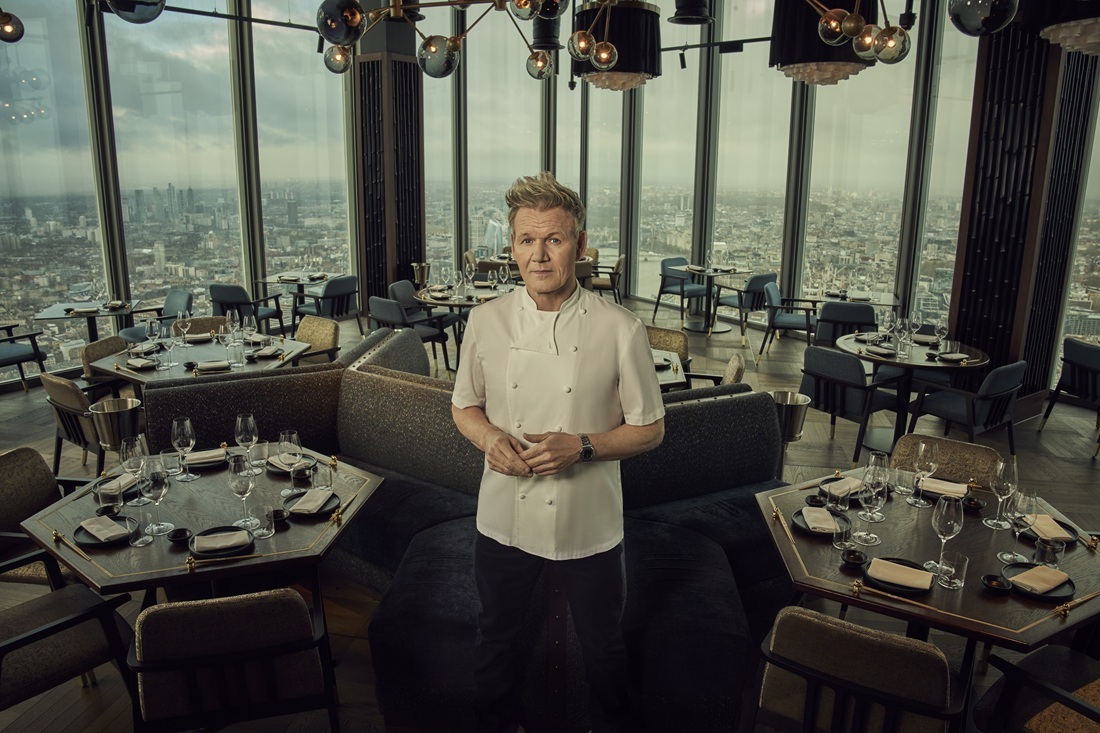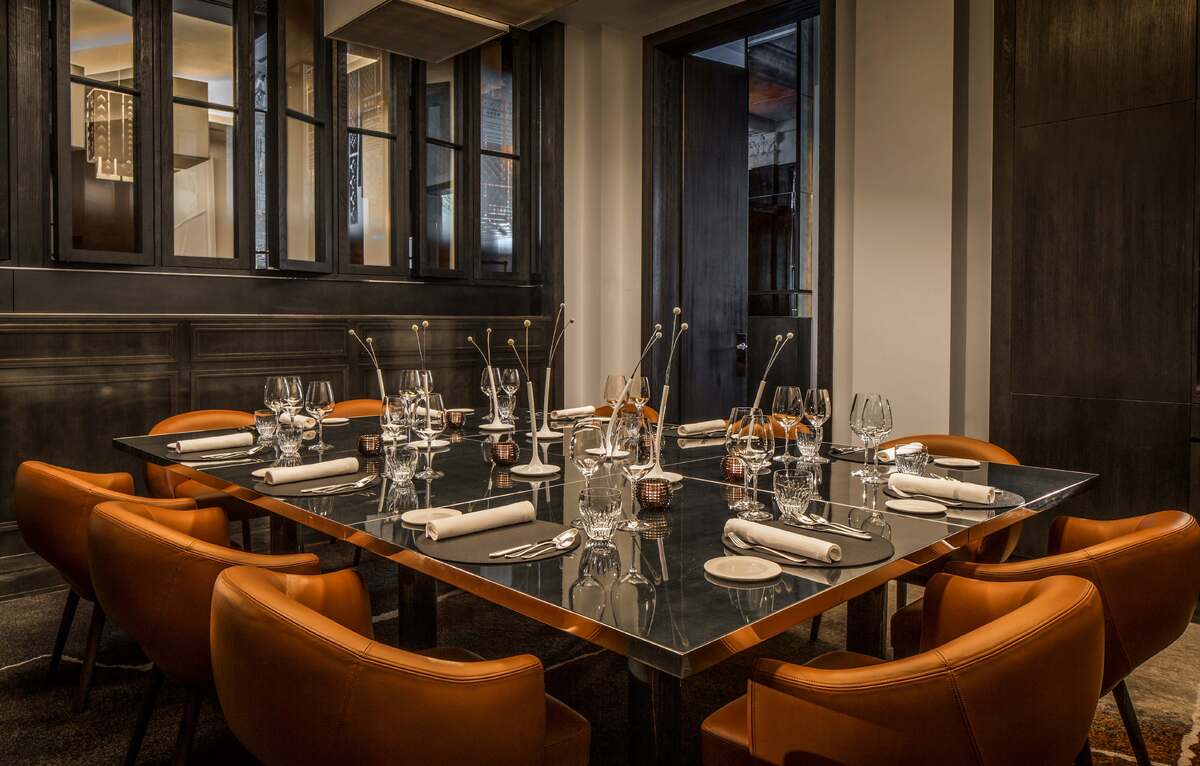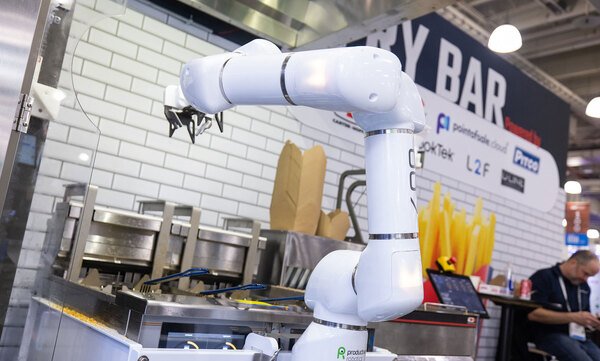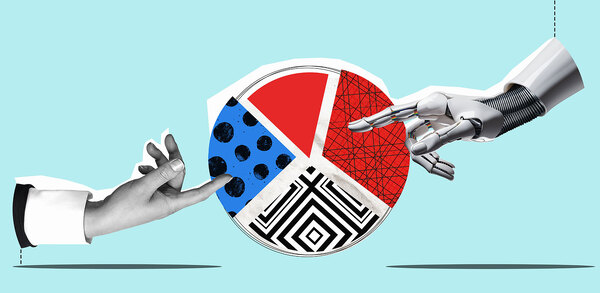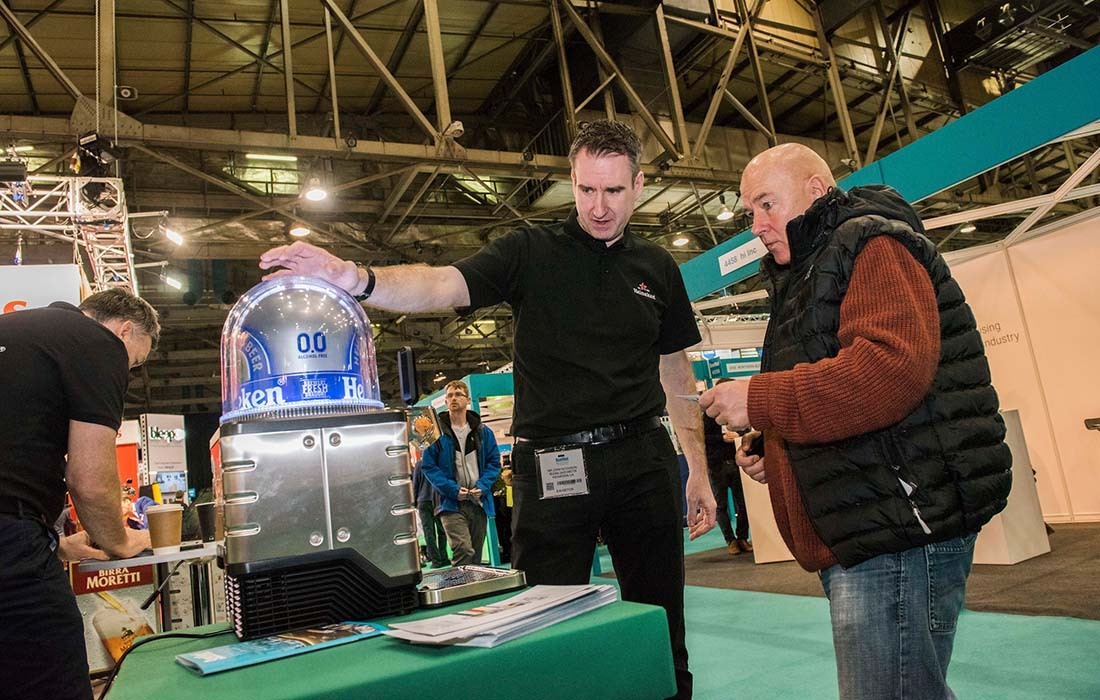Customer service robots spark joy, report reveals
The majority of customers have a positive experience with service robots, research from Durham University Business School has revealed.
According to the study, guests who interacted with robot waiters felt emotions of joy, love, surprise, interest and excitement.
While 60% of customers experienced joy when dealing with customer service robots, 28% also reported feelings of fear. Some 5% of guests felt anger, 4% were neutral and 1% felt sadness.
Many customers chose to visit specific hospitality venues because they used robots, the study claimed.
However, the researchers also recommended that operators should ensure that the adoption of robots does not lead to a disruption in staff employment numbers.
The research was conducted by Dr Zhibin Lin, professor of marketing at Durham University Business School, alongside colleagues from Smith School of Business, Queen’s University, Audencia Business School and Jimei University.
The team took a sample of 9,707 customer reviews from two major travel platforms, Ctrip and TripAdvisor, which covered 412 hotels in eight countries.
Lin said: “Service robots have been increasingly adopted in hospitality service settings in recent years and large hotel chains have gradually adopted their services for housekeeping and butler services, interacting with customers and fulfilling concierge and front-desk tasks.
“Previous opinion has been that customers felt uneasiness and discomfort when being served by robots, however this research suggests that customers actually, on the whole, have more positive interactions with robots and enjoy the experience of being served by one.”
In March, Slim Chickens introduced robots at its Guildford site, while Bella Italia trialled the ‘BellaBot’ robot waiter (pictured) in its Center Parcs Whinfell Forest site to support staff in June.
Taiwanese chain Din Tai Fung is set to use robots waiters when its long-awaited restaurant at London's Centre Point development opens on 22 September.



